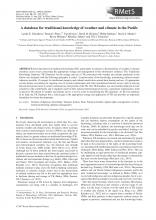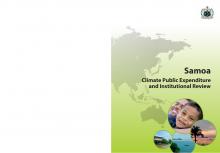Herbicidal control of bridal creeper (Asparagus asparagoides) in an ecologically sensitive environment

BRB
Asparagus asparagoides (bridal creeper) is a highly invasive noxious environmental weed in southern Australia. It poses a severe threat to biodiversity and conservation in temperate natural ecosystems. Pterostylis arenicola, a threatened terrestrial orchid endemic to South Australia, is directly imperilled by this weed in most of its remnant populations. The coincident growth phenologies of orchid and weed make for an ecologically sensitive environment when considering methods of weed control or eradication. To minimise impact on the orchid and its ecosystem, this paper examines the efficacy of herbicide application for A. asparagoides control using the weed wiping technique, comparing it to the conventional spray application method. The most prolonged control of A. asparagoides was achieved after a single wipe-application of 1.5 g a.i. (active ingredient) L 1 metsulfuron methyl, either alone or in combination with 120 g a.i.L 1 glyphosate, both treatments giving significantly better weed control five years after treatment than comparable spray applications. An investigation of the effect of glyphosate on cultures of the mycorrhizal fungus isolated from P. arenicola indicated a significant decline in mycelial growth with increasing herbicide concentration over the range 0.53.0 kg a.i. ha 1. These results provide further incentive for the use of ecologically sensitive herbicide application techniques, such as weed wiping, in areas of high conservation concern.



